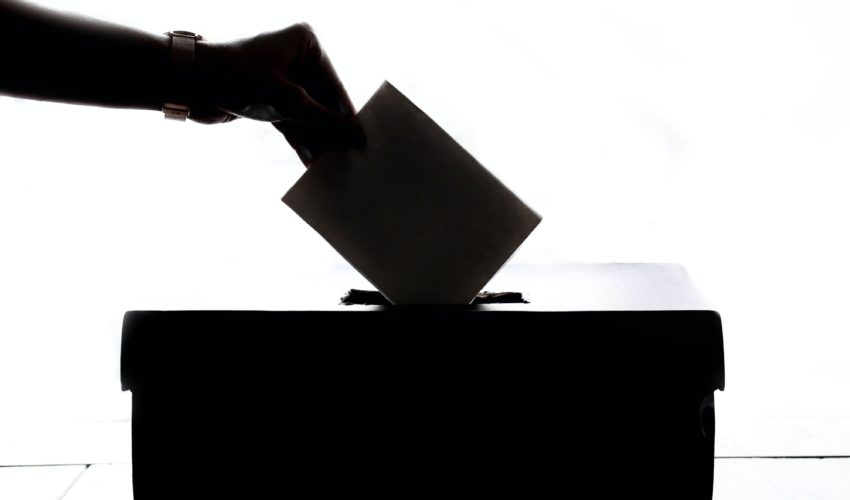SALT LAKE CITY, UTAH – Attorney General Sean D. Reyes joined an amicus brief, led by the State of Alabama, to the U.S. Court of Appeals for the Third Circuit in NAACP v. Pennsylvania. The case involves the ability of states to enact reasonable election integrity measures, including ballot-processing rules.
The Plaintiffs in this dispute sued Pennsylvania over an election law that governs the “marking and mailing” of absentee ballots to determine whether they meet the statutory requirements to be counted. In their arguments before the district court, the plaintiffs claimed that not counting envelopes without the statutorily mandated information violated a provision of the Civil Rights Act that stipulates that immaterial errors or omissions should not cost voters their constitutional right to vote in elections. The district court agreed with the plaintiffs, leading to the appeal to the Third Circuit.
In the brief, the coalition of States argues that “the Materiality Provision is not privately enforceable because it confers no substantive rights” and that “Congress did not pass the Materiality Provision to target dozens, if not hundreds, of important election integrity laws.”
As the attorneys general write, the district court held “that the Materiality Provision applies to regulations governing the marking and mailing of absentee ballots, and that ‘the requirement of dating the outer return envelope’ is immaterial because it has nothing ‘to do with determining a voter’s qualifications to vote.’ Aside from the illogic and impossibility of its interpretation…the district court paid no heed to basic federalism principles and their influence upon the process of statutory construction.”
Joining Utah and Alabama on this brief were the States of Arkansas, Georgia, Idaho, Indiana, Iowa, Kansas, Louisiana, Missouri, Montana, Nebraska, North Dakota, Ohio, South Carolina, Texas, and West Virginia.

